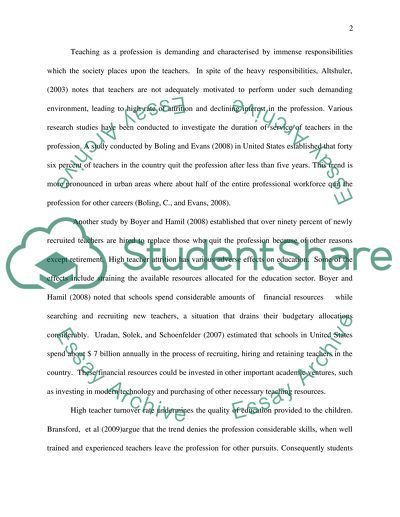Cite this document
(“Outline Some of the Key Issues in Education Today Essay”, n.d.)
Retrieved from https://studentshare.org/education/1451014-outline-some-of-the-key-issues-in-education-today
Retrieved from https://studentshare.org/education/1451014-outline-some-of-the-key-issues-in-education-today
(Outline Some of the Key Issues in Education Today Essay)
https://studentshare.org/education/1451014-outline-some-of-the-key-issues-in-education-today.
https://studentshare.org/education/1451014-outline-some-of-the-key-issues-in-education-today.
“Outline Some of the Key Issues in Education Today Essay”, n.d. https://studentshare.org/education/1451014-outline-some-of-the-key-issues-in-education-today.


